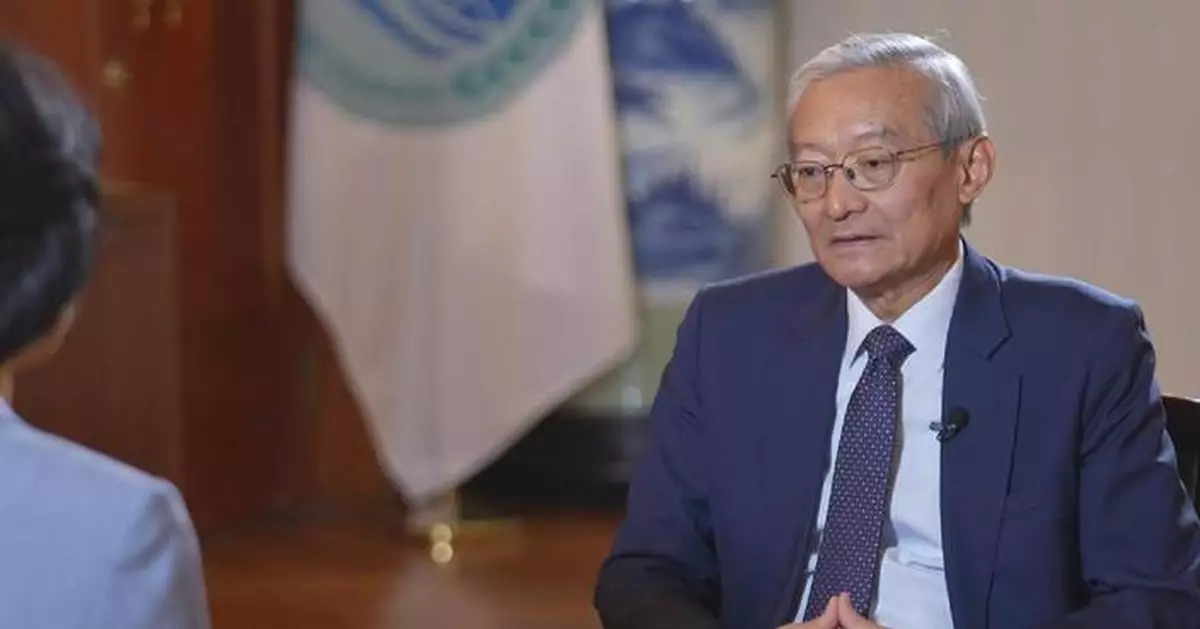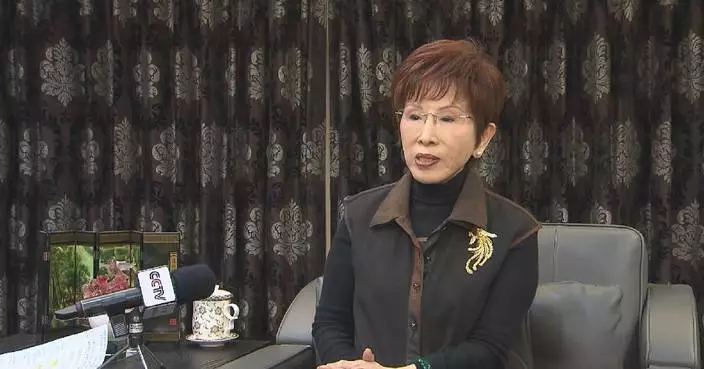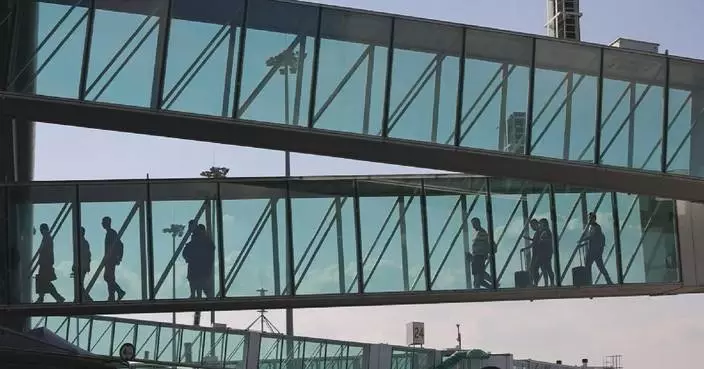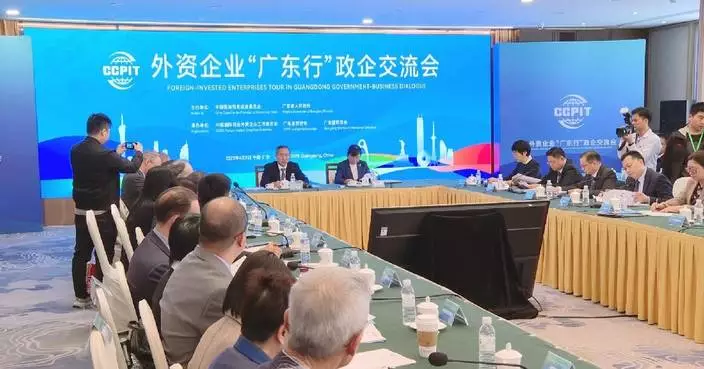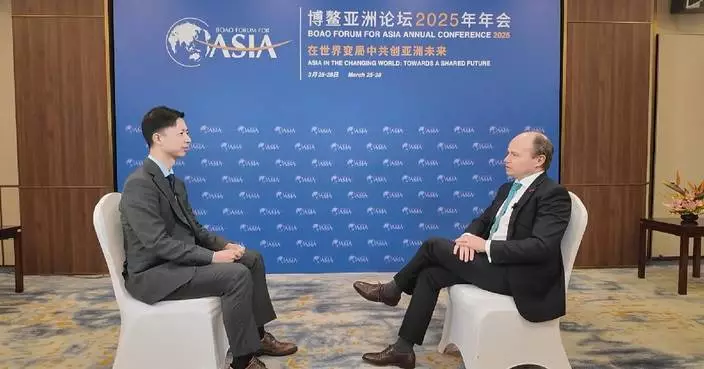China's rotating presidency of the Shanghai Cooperation Organization (SCO) is expected to yield fruitful results in promoting sustainable development in 2025, said Zhang Ming, secretary-general of the organization.
On July 4, 2024, China took over the rotating presidency of the SCO for 2024-2025 and will host the 25th Meeting of the Council of Heads of State of the SCO in China.
"As a founding member of the SCO, China has made important contributions to the organization's development over the past 20 years. Such contributions are acknowledged by all parties. With China now assuming the rotating presidency of the SCO, I think all parties have high expectations for the organization to experience substantial growth in the coming year. The 25th Meeting of the Council of Heads of State of the SCO to be held in China will yield fruitful results and mark another important milestone in the organization's development," said Zhang.
China proposed that 2025 be designated as the SCO Year of Sustainable Development in July 2024, aligning with the goals of SCO member states and the Global South countries, according to Zhang.
"At the SCO Astana Summit, Chinese President Xi Jinping put forward an important initiative to designate 2025 as 'the Year of Sustainable Development' for SCO. This initiative received unanimous support and recognition from all heads of state of the SCO member countries, who made this important decision collectively. Sustainable development is an important mission that all parties in the international community, including the SCO member states and especially the Global South countries, are very much looking forward to and striving to advance," said Zhang.
In September 2024, China announced that it will carry out a series of cooperation initiatives and actions in the eight key areas of the Global Development Initiative put forward by President Xi Jinping, including poverty reduction, food security, public health,financing for development, climate change and green development, industrialization, digital economy and connectivity.
Zhang said these eight key areas will promote economic and social progress in both the the SCO level and the regional and international levels.
"At the SCO level, these areas not only include traditional economic and social development fields that developing countries urgently need to promote, but also include new challenges and new problems faced by the international community, including the SCO member states, in the new era. They are important priorities for enhancing cooperation within the SCO," said Zhang.
"At the regional and international levels, sustainable development is an important part of the United Nations 2030 Agenda for Sustainable Development. The SCO's promotion of these areas will have important implications and act as a driving force for developing countries, Global South countries, countries in the region and the broader international community to achieve the goals of the 2030 plan," he said.
The SCO is the first international organization with China as a founding member state and named after a Chinese city.
Established in 2001, the SCO currently counts Belarus, China, India, Iran, Kazakhstan, Kyrgyzstan, Pakistan, Russia, Tajikistan and Uzbekistan among its members, with Afghanistan and Mongolia as observers. Armenia, Azerbaijan, Bahrein, Cambodia, Egypt, Kuwait, the Maldives, Myanmar, Nepal, Qatar, Saudi Arabia, Sri Lanka, Turkey, and the United Arab Emirates (UAE) are the SCO dialog partners.
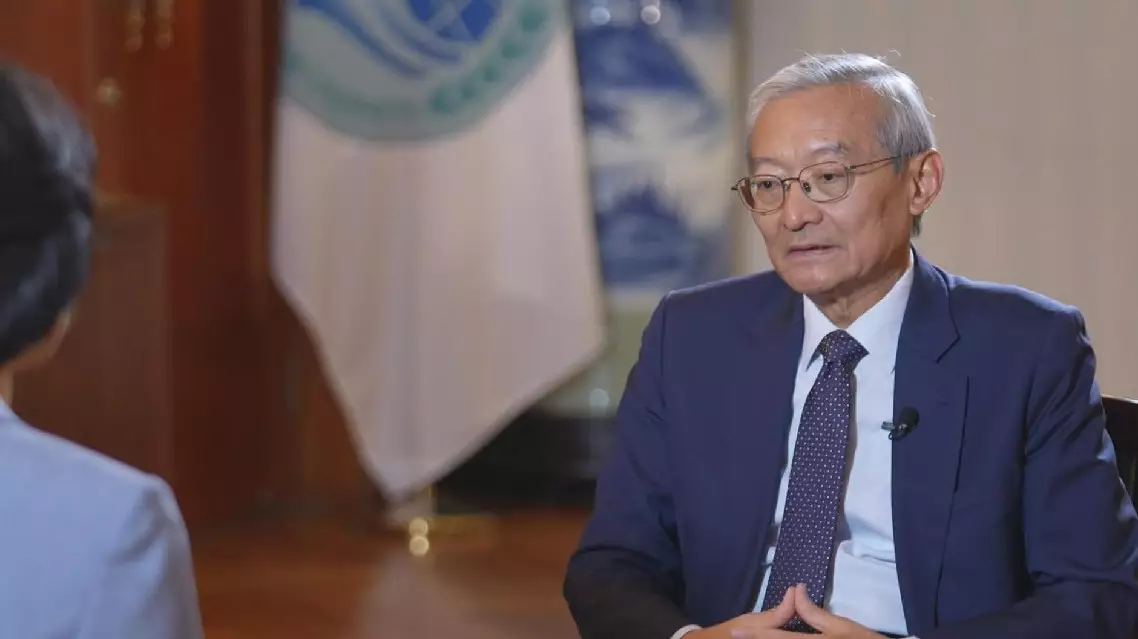
China's presidency of SCO in 2025 expected to yield fruitful results: secretary-general


